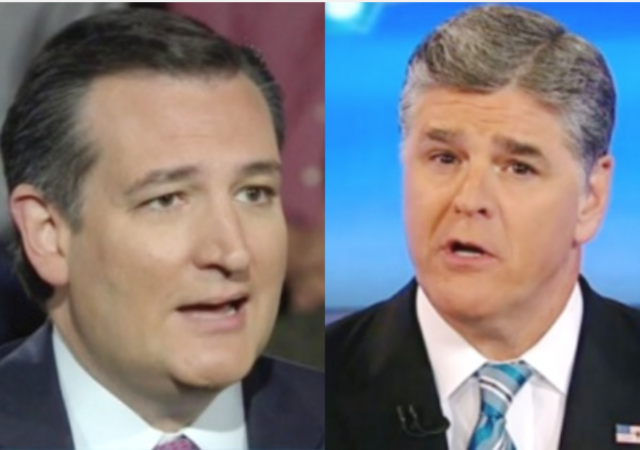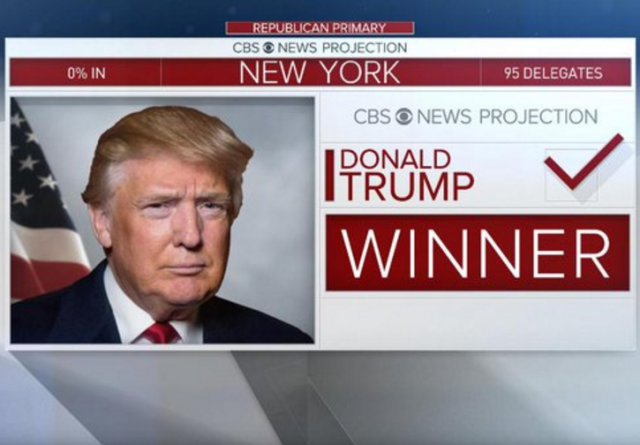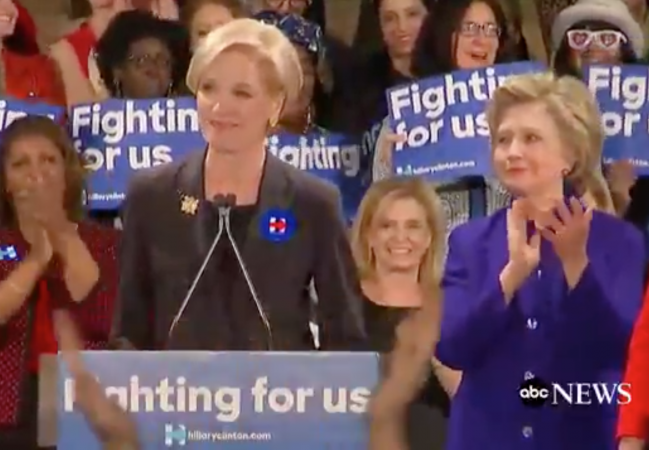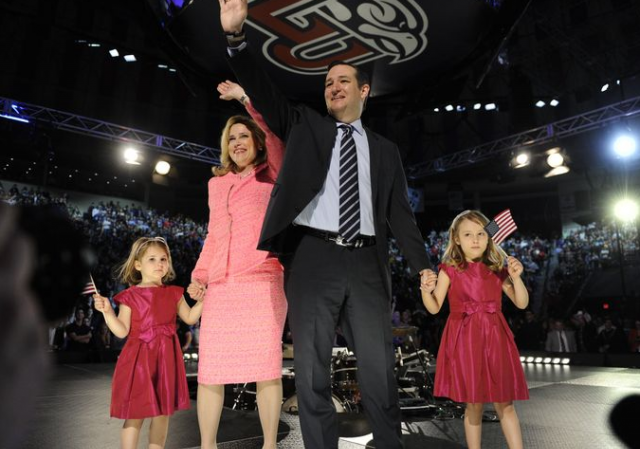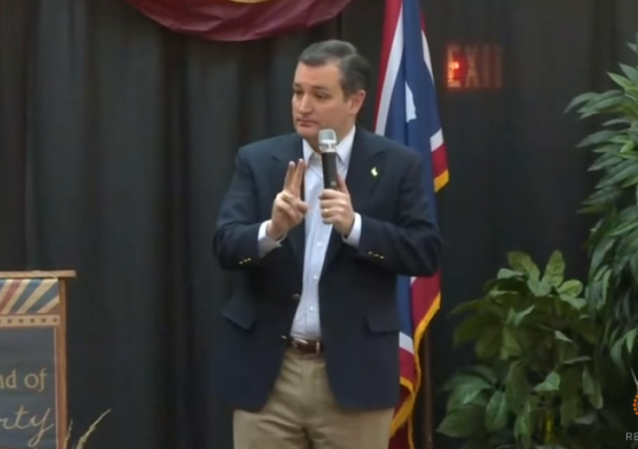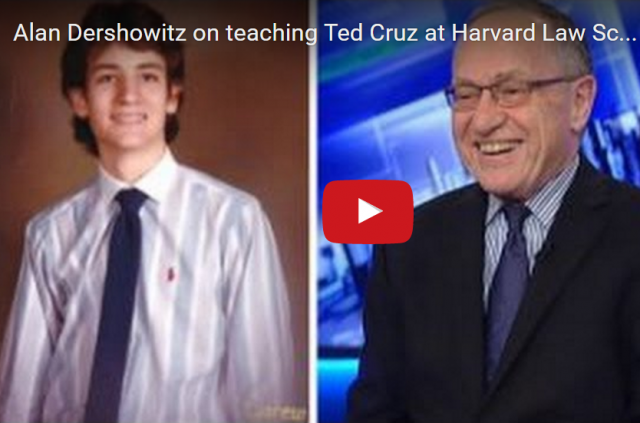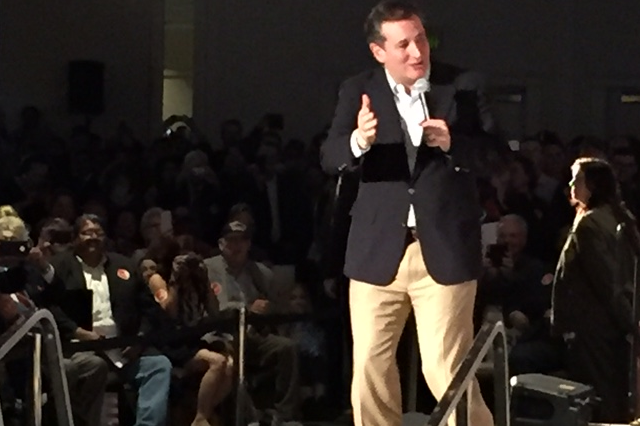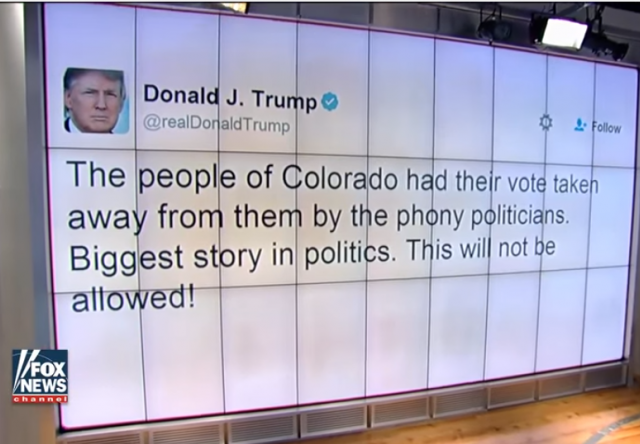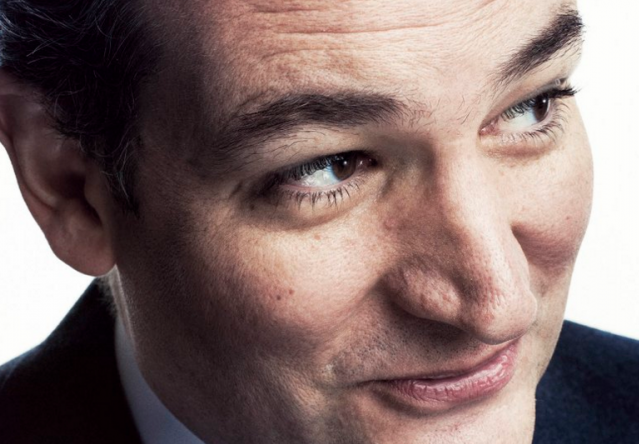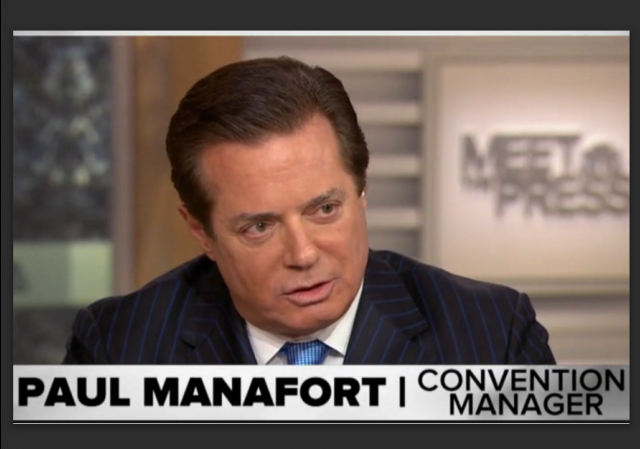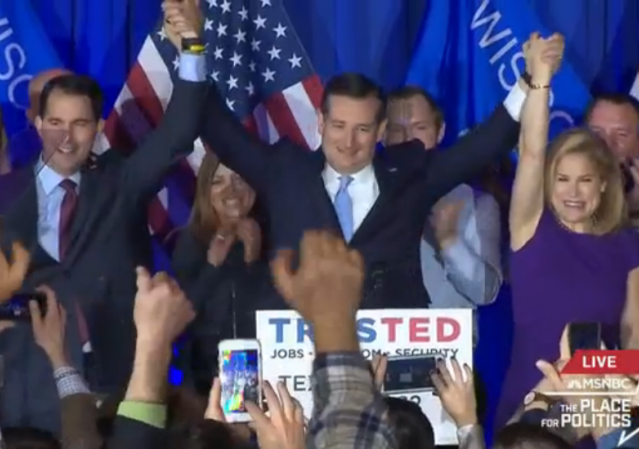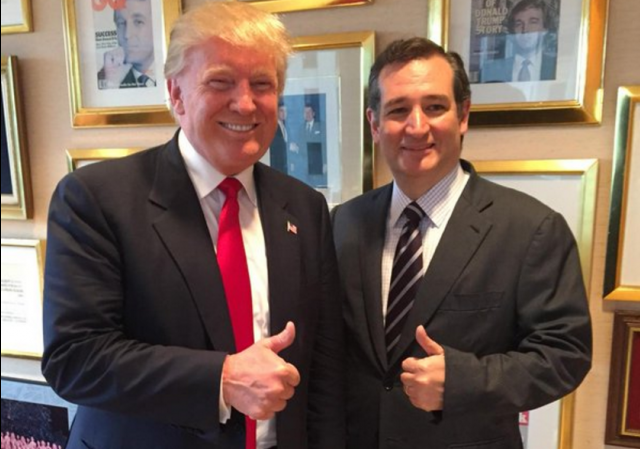Sean Hannity Hollers at Ted Cruz Over Delegates
on April 20, 2016
179 Comments
In a radio interview with Senator Ted Cruz Tuesday, host Sean Hannity lost his cool.
Hannity contended Republicans were most concerned about the current delegate count, to which Cruz disagreed.
"Sean, with all respect -- that's not what people are concerned about. I'm campaigning everyday. People are concerned about bringing jobs back to America, people are concerned about raising wages, people are concerned about getting the federal government off the backs of small businesses and people are concerned about beating Hillary. The media loves to obsess about process and this process and this whining from the Trump campaign is all silly. It's very simple," said before Hannity interrupted.
Hannity cited his Twitter account, radio and TV shows as evidence that he knows best what Republicans are concerned about and again asked Cruz to explain the delegate game.

